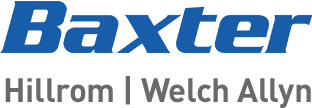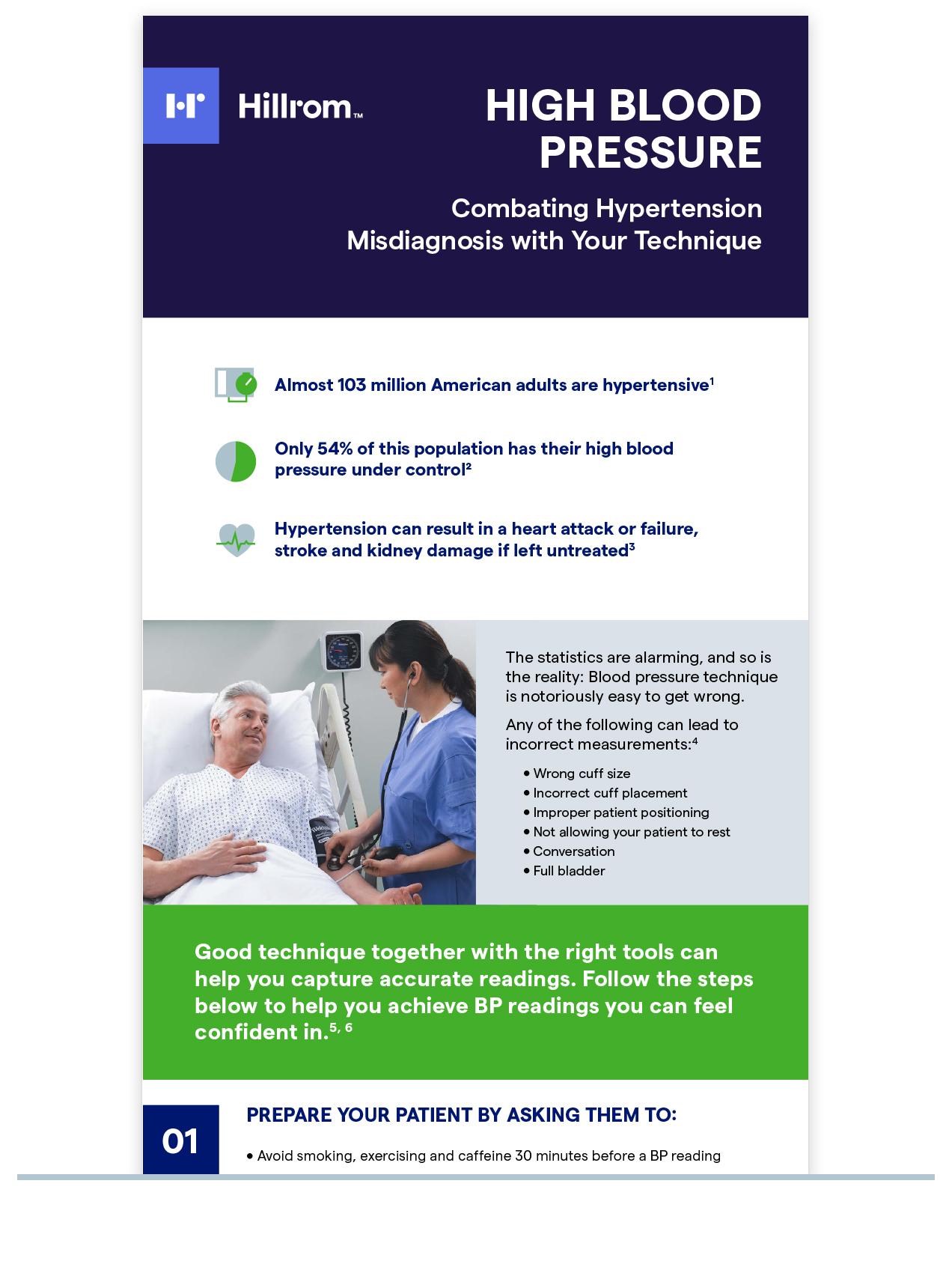close
- Oplossingen keyboard_arrow_right
- Producten keyboard_arrow_right
- Services keyboard_arrow_right
- Educatie keyboard_arrow_right
language
Land
keyboard_arrow_left
Oplossingen
close
keyboard_arrow_left
Producten
close
Snelkoppelingen
-
Slimme bedden en matrassen keyboard_arrow_right
-
Patiëntenliften en brancards keyboard_arrow_right
-
Patiëntbewaking keyboard_arrow_right
-
Diagnostiek en fysiek onderzoek keyboard_arrow_right
-
Diagnostische cardiologie keyboard_arrow_right
-
Zorgcommunicatie keyboard_arrow_right
-
Chirurgische workflow keyboard_arrow_right
-
Precisie positionering keyboard_arrow_right
-
Geïntegreerde connectiviteit keyboard_arrow_right
-
Niet invasieve ademhalingstherapie keyboard_arrow_right
-
Visusscreening en diagnostiek keyboard_arrow_right
-
Ziekenhuismeubilair keyboard_arrow_right
-
Alles bekijken
Diagnostiek en fysiek onderzoek
Alles bekijken
- Thermometrie
- Bloeddrukmanchetten
- Bloeddrukmeting
- Systemen voor lichamelijk onderzoek
- Ooronderzoek
- Oogonderzoek
- Gehoorscreening
- Neus en keel
- Sets voor lichamelijk onderzoek
- Elektrische handgrepen
- Stethoscopen
- Procedurelampen
- Gynaecologie
- Endoscopische onderzoeken
keyboard_arrow_left
Services
close
keyboard_arrow_left
Educatie
close
keyboard_arrow_left
Profile
close
- Advancing Connected Care
- Onderwijs en bewijzen
- article
- Proper Blood Pressure Measurement Techniques



